 A study examining whether the verb tense you use to describe a positive or negative experience influences your current mood will be retracted after a university investigation found the data had been manipulated.
A study examining whether the verb tense you use to describe a positive or negative experience influences your current mood will be retracted after a university investigation found the data had been manipulated.
By whom is the question — the notice cites an unnamed graduate student as the source of the manipulation, and says the only author, William Hart, was unaware of what had occurred.
We spoke with Hart, based at the University of Alabama, who declined to identify the student, nor say whether he or she was still working at the university. He did say the experience has been trying:

 It’s been a long and winding road for a whistleblower at Indiana University, South Bend.
It’s been a long and winding road for a whistleblower at Indiana University, South Bend.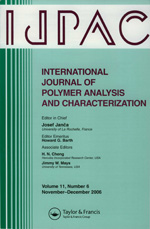 After a research group submitted two similar papers only days apart to different journals, one journal has retracted the paper — and told the other it should do the same.
After a research group submitted two similar papers only days apart to different journals, one journal has retracted the paper — and told the other it should do the same.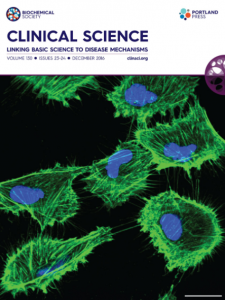
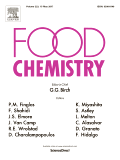 Journals have retracted two papers after they were flagged by a pseudonymous blogger, who suspected all had copied text from other sources.
Journals have retracted two papers after they were flagged by a pseudonymous blogger, who suspected all had copied text from other sources.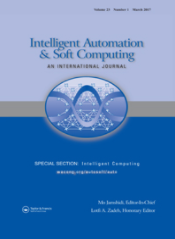
 Researchers in Ireland have retracted a case study about a rare type of cancer in a child because – contrary to what they claimed in the paper – they had not obtained the necessary permission from the parents.
Researchers in Ireland have retracted a case study about a rare type of cancer in a child because – contrary to what they claimed in the paper – they had not obtained the necessary permission from the parents.
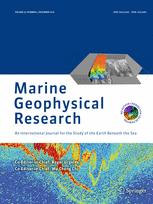 A 2016 paper has been retracted at the request of a company that provides geoscience solutions because the authors—who are employees of the company—included proprietary information and didn’t obtain proper permission.
A 2016 paper has been retracted at the request of a company that provides geoscience solutions because the authors—who are employees of the company—included proprietary information and didn’t obtain proper permission.